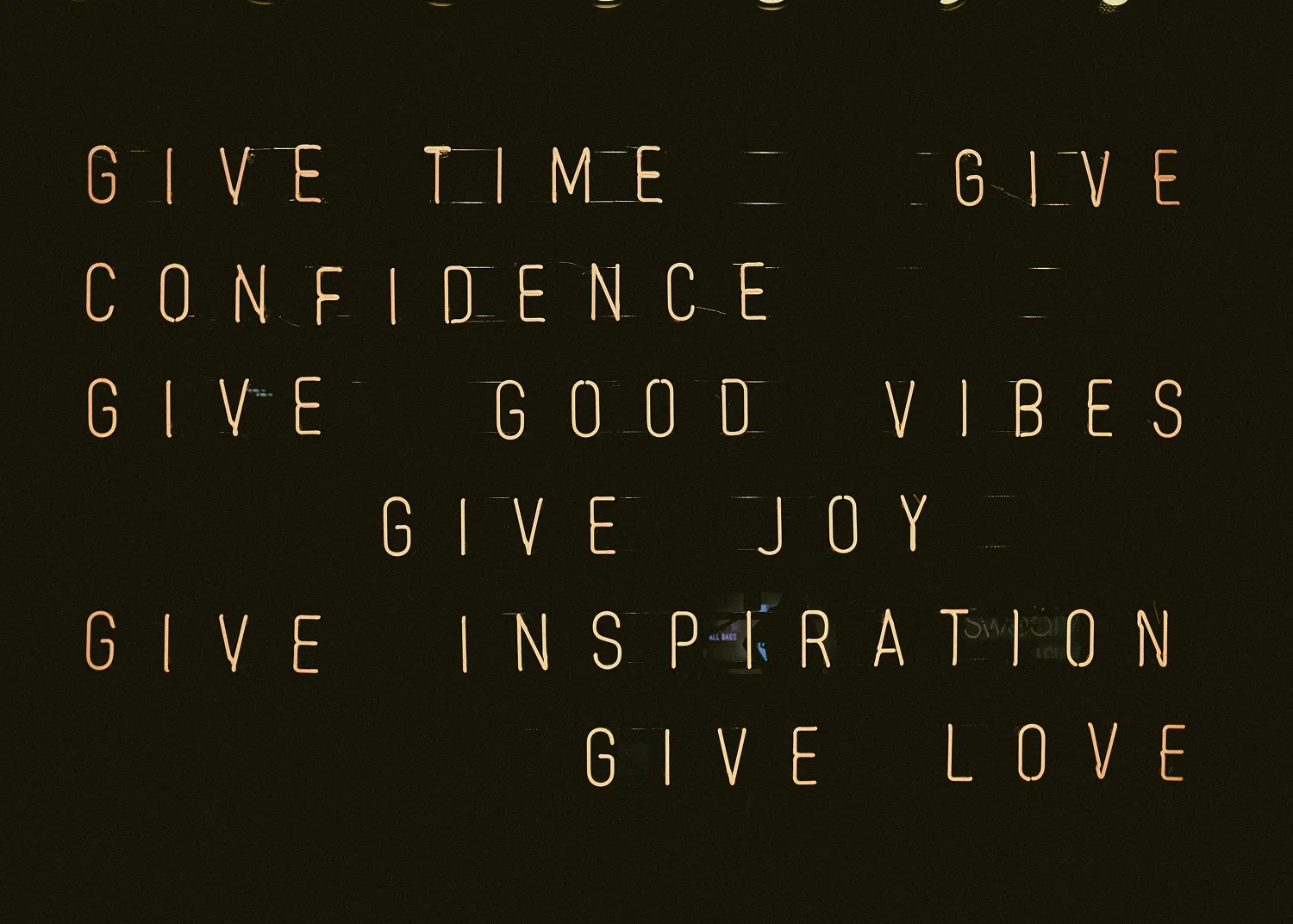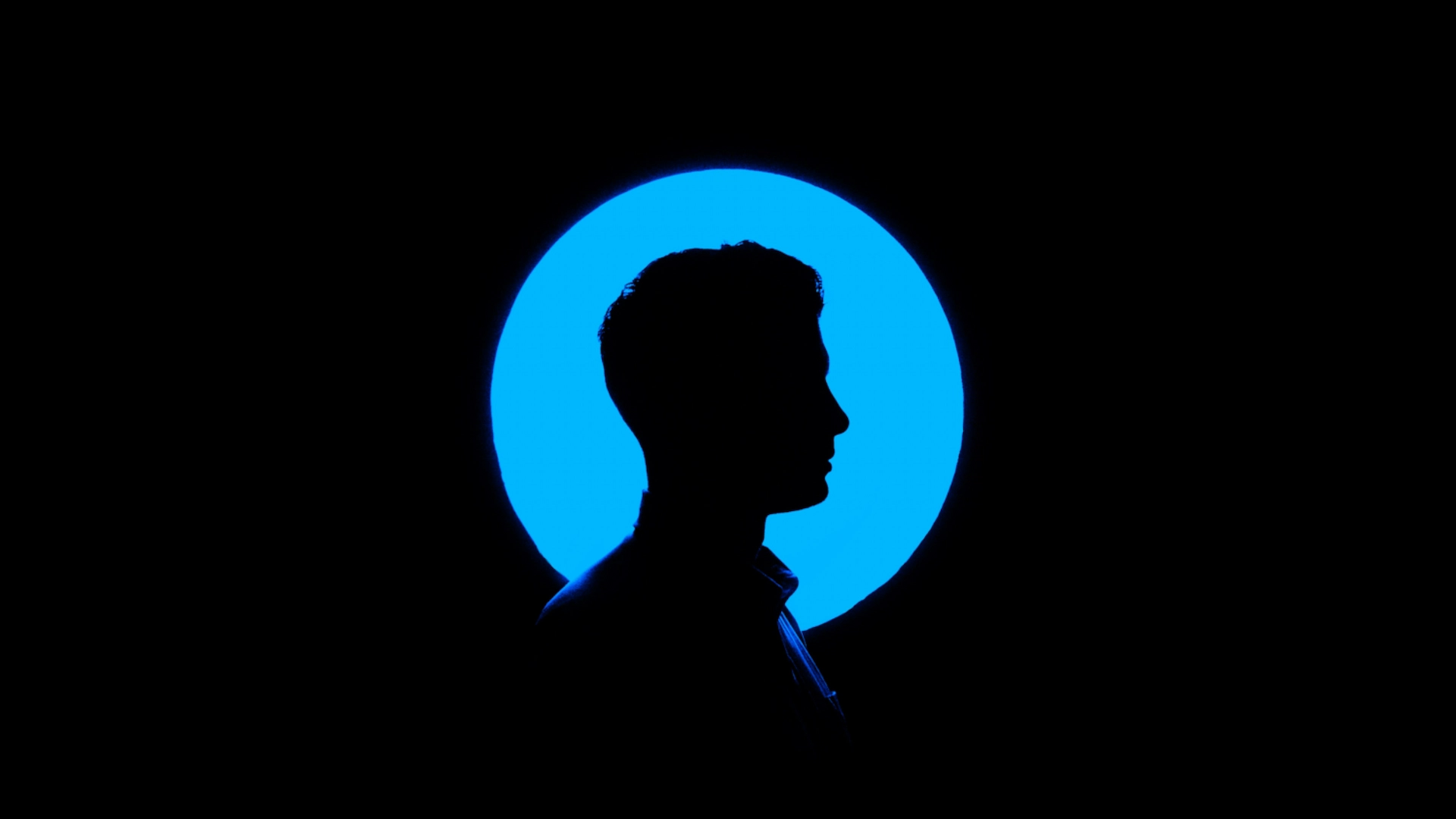If you’ve ever considered working with a coach or therapist, you may have asked yourself:
“Aren’t coaching and therapy kind of the same thing?”
It’s a common question—and an important one. While coaching and therapy share similarities, they serve very different purposes, and understanding the difference can help you choose the right support for where you are in your life.
Let’s break it down in a way that’s simple, respectful of both practices, and deeply relevant to your personal growth journey.
Coaching vs. Therapy: The Core Distinction
At the heart of it:
- Therapy helps you heal from the past and manage mental health challenges.
- Coaching helps you create a better future and achieve personal or professional goals.
Both are transformative. But they operate in different spaces of your emotional and mental landscape.
1. Focus: Healing vs. Forward Movement
- Therapy often focuses on:
Processing trauma
Understanding emotional patterns
Treating anxiety, depression, PTSD, etc. - Coaching focuses on:
Goal-setting and accountability
Clarifying purpose or direction
Personal growth, leadership, or mindset shifts
Therapy helps you understand “why.” Coaching helps you figure out “what now.”
2. The Role of the Practitioner
- A therapist is a licensed mental health professional trained to diagnose and treat psychological disorders.
- A coach is a trained guide who helps you optimize performance, build self-awareness, and take aligned action.
Therapists can go deep into emotional healing. Coaches help you leverage your strengths and move forward with clarity.
3. The Nature of the Relationship
- Therapists typically maintain a more clinical relationship with clients.
- Coaches often create a more collaborative, forward-focused partnership.
In coaching, the tone can feel more like a partnership or mentorship—where the coach walks alongside you, cheering you on and challenging you to rise.
4. Past vs. Present/Future
- Therapy explores past wounds and how they affect your current emotional state.
- Coaching may acknowledge your past but centers on your present actions and future vision.
For example:
- Therapy might ask: “How did your childhood impact your self-worth?”
- Coaching might ask: “How can you build more confidence today to reach your goals?”
5. Who It’s For
- Therapy is best for those who:
Need emotional healing or mental health support
Are navigating grief, trauma, or unresolved pain
Are dealing with anxiety, depression, or similar challenges - Coaching is ideal for those who:
Feel emotionally stable and ready to grow
Want to clarify their purpose or career direction
Are looking to improve performance, relationships, or mindset
Important note: Coaching is not a substitute for therapy. If you need emotional healing or mental health treatment, therapy is the right and responsible choice.
Why the Difference Matters
Choosing between therapy and coaching isn’t about which is better. It’s about what’s best for you—right now.
Knowing the difference helps you:
- Get the right kind of support
- Avoid frustration or unmet expectations
- Use your time, energy, and resources wisely
And sometimes? The answer isn’t either/or. Many people benefit from both—a therapist for healing and a coach for growth.
Final Thoughts: Empowered Choices Start with Clarity
Therapy and coaching both offer incredible value. They just serve different stages of your journey.
So if you’re stuck in the past or struggling emotionally—start with therapy.
If you’re stable, self-aware, and ready to create what’s next—coaching might be your next best step.
Whatever path you choose, let it be one that supports your wholeness, not just your goals.
Curious About Coaching?
If you’re ready to take action, clarify your vision, or break through to the next level of your personal or professional life, coaching could be the catalyst you’ve been looking for.
Growth happens when you’re supported, challenged, and seen for your full potential.














